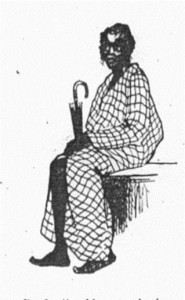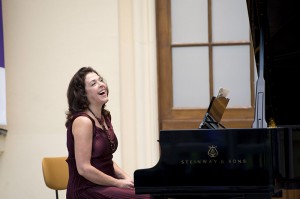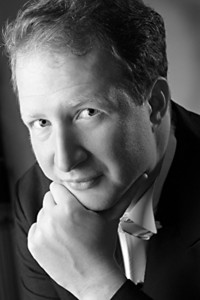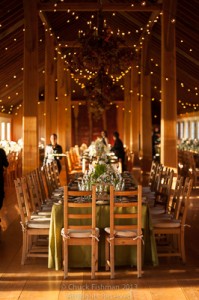In Germany, you cannot rely on the weather being consistently sunny, even in the summertime. In the fall at the latest – dare we think of it already? – we will need to shake open our umbrellas again. Axel Stähler (comparative literature, University of Kent), has shown that the umbrella was once considered a Jewish attribute. He recently offered to share with Blogerim his research on the umbrella’s discursive significance in Wilhelminian Germany.
Dr. Stähler, how did you spot the “Jewish umbrella”?

Mbwapwa Jumbo from “Briefe aus Neu-Neuland”, Schlemiel 1.1 (November 1903), p. 2
I was first struck by an umbrella in the hands of the “Big Chief of Uganda,” Mbwapwa Jumbo, a fictitious reporter in the Jewish satirical magazine Schlemiel, who acted as a correspondent from a new Jewish colony in Africa. In fact, in 1903, the British government had proposed to Theodor Herzl to commit land to Jewish settlers in the British Protectorate of East Africa. This proposal, which came to be known as the Uganda Plan, was vehemently disputed in the Zionist movement, and rejected in 1905. No concerted colonial Jewish settlement of Uganda ever took place, although individual Jewish immigrants had built homes there earlier.
In nine letters published over the course of the magazine’s brief lifespan, from 1903 to 1907, the chatty and naïvely amicable Mbwapwa tells of the first Jewish colonists – Orthodox Mizrachi – and of what became of them: in funny prose spotted with Anglicisms, and increasingly also Yiddishisms, he describes how he and his countrymen converted to Judaism. He relates the murder of a reformist rabbi who had been smuggled into the country, and the reformers’ ensuing punitive military expedition. He reports on the colony’s political and cultural trials and tribulations, and, finally, on the emergence of the Zionist movement—since Uganda was not, after all, the Promised Land. → continue reading
An Interview with Elena Bashkirova
From 7 to 11 May, we will host a chamber music festival in the museum’s Glass Courtyard. Katharina Schmidt-Narischkin and Sylvia Winkler of our press office spoke in advance with the festival’s director Elena Bashkirova.
Press office JMB: As festival director, what themes have you chosen to emphasize this year?

Elena Bashkirova, festival director and pianist
© Monika Rittershaus
Elena Bashkirova: Our themes have been determined this year by two anniversaries: on the one hand, the start of the First World War 100 years ago and its impact on music; on the other hand, the 150th birthday of Richard Strauss. Both anniversaries augur a varied program for “intonations”: 1914 saw an astonishing richness of musical styles, which our concerts will reflect. And Strauss composed chamber music nearly his entire life, so I have a wide range of pieces and genres to choose from.
Every year at “intonations,” chamber music classics can be heard together with unknown works. What composers should visitors expect to discover in this third season?

David Robert Coleman, composer and conductor © private
Rudi Stephan was an extraordinary discovery for me. I heard Music for Orchestra and Violin a few years ago here in Berlin. I was impressed and deeply touched by it. As I was putting together the programs for “intonations,” I found his gorgeous chamber music and was delighted to have the chance to present it here with my colleagues. Rudi Stephan died in the war when he was 28. Given his talent, he would otherwise have certainly provided us with more outstanding music.
There will also be another world premiere: the fourth concert, on Saturday 10 May, will open with David Coleman’s “Three pieces for clarinet and piano.” Another significant composer this year will be Karol Szymanowski. He has his own tonal language, writing hauntingly beautiful music that unfortunately is played much too seldom. → continue reading

The wedding barn decorated with lights and flowers
© Chuck Fishman
With young adults spending an increasing number of years out of wedlock, preparation for marriage is ever more elaborate: Bachelor and bachelorette parties in North America are notorious for distracting brides- and grooms-to-be with alcohol and promiscuity. Celebrations of a similar nature are called stag and hen nights in England. In traditional German circles, friends and relatives of wedding couples smash dishes on so-called Polterabend (English: rowdy evening). In modern ones, the couple and their friends careen through city streets with flashy paraphernalia, printed t-shirts, and plastic trumpets.
Currently, a group of young Jews in the US are adapting an eastern European pre-marriage tradition, called tisch (Yiddish: table, short for chosson’s tisch, or groom’s table). → continue reading



